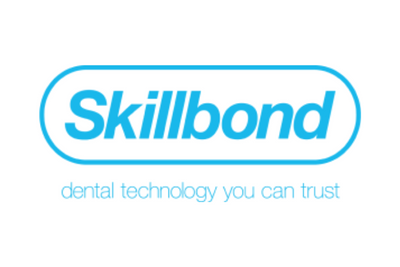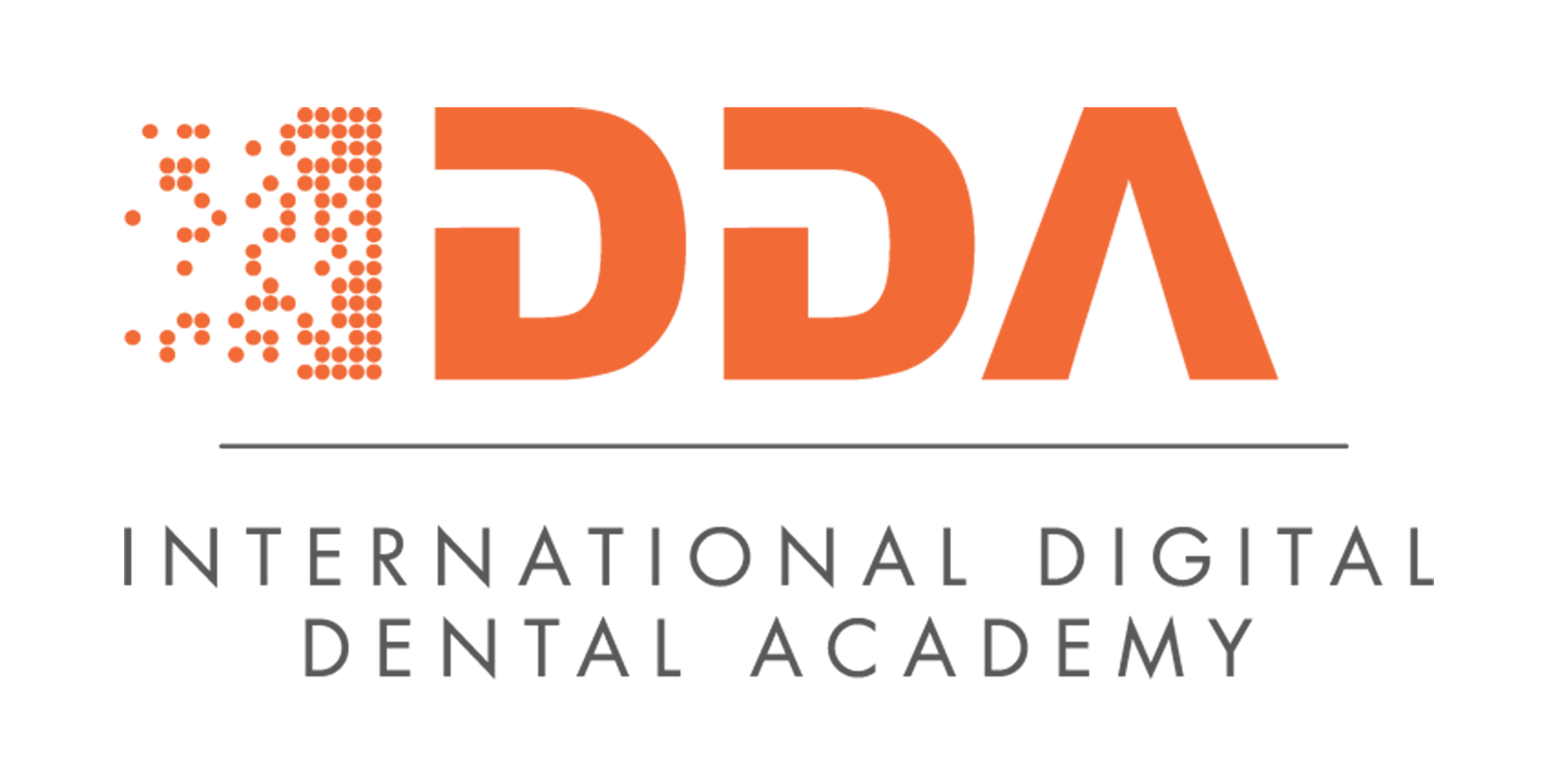UK Dentistry & Dental Technology : opportunities and challenges ahead
)
In the ever-evolving landscape of UK dentistry, the next decade promises a plethora of opportunities for dental laboratories and dental technicians. With the rapid technological advancements in dental technology and the growing demand for dental services, the future appears bright for those entering or already working within this sector. However, amidst the optimism, there are potential threats that could derail progress. The DLA has tried to look into the opportunities, strengths, and challenges facing UK dental technology over the next ten years.
The dawn of new technologies is revolutionising the dental industry. Cutting-edge advancements like CAD/CAM systems, 3D printing, and digital imaging are setting the stage for significant growth in dental laboratories. These technologies not only streamline the production process, but also enhance the accuracy and quality of dental restorations. CAD/CAM systems, for instance, enable precise design and manufacture of dental prosthetics, crowns, bridges, and implants. This technology reduces turnaround times and ensures consistent outcomes, making it an invaluable tool for dental laboratories.
3D printing is another game-changer. It allows for the creation of highly customised dental appliances, from orthodontic aligners to complex surgical guides. The ability to produce intricate and precise dental devices tailored to individual patients is transforming how dental laboratories operate. Digital imaging and scanning technologies are becoming widely used in dental practices, providing accurate digital impressions that can be directly transmitted to dental laboratories. This reduces the need for physical moulds, enhancing workflow efficiency and paving the way for seamless collaboration between dentists and dental technicians.
The growing demand for dental services in the UK is driven by several factors, including an aging population, increased awareness of oral health, and advancements in cosmetic dentistry. As more people seek dental care, the need for high-quality dental restorations and appliances will grow, leading to increased opportunities for dental laboratories. The UK’s aging population, in particular, is driving demand for restorative and prosthetic dentistry. Dental laboratories will play a crucial role in providing dentures, crowns, and implants to meet the needs of elderly patients. Additionally, there is an almost unstoppable demand for cosmetic dentistry, with more people seeking procedures to enhance their smiles. This trend is leading to increased demand for aesthetic dental solutions such as veneers, teeth whitening, and orthodontic aligners, all of which rely heavily on expertise within the dental laboratory.
Education and training are pivotal in ensuring a skilled workforce capable of utilising advanced technologies and techniques. Apprenticeship programs and vocational training courses provide hands-on experience and knowledge to aspiring dental technicians, ensuring they are equipped to meet the demands of modern dental laboratories. Continuing professional development (CPD) courses are essential for keeping dental professionals up-to-date with the latest advancements and best practices. By investing in CPD, dental technicians will continually improve their skills to help them deliver the latest requests from patients, as well as stay competitive in the job market.
The UK is home to world-class research institutions and universities that drive innovation in dental technology. Continuous research and development efforts are leading to breakthroughs in materials science, digital dentistry, and biomaterials. The UK also has a uniquely stringent regulatory framework for dental products and practices with the aim of ensuring high-quality care and patient safety. The Medicines and Healthcare products Regulatory Agency (MHRA) and the General Dental Council (GDC) being the two main ones. These regulators oversee the compliance and quality of dental services and products from manufactured in the dental laboratory, which is another strength of the UK’s dental technology sector. Dental technicians in the UK have to be educated to minimum of Foundation Degree standards, and many have access to ongoing professional development opportunities. This skilled workforce is capable of utilising advanced materials and digital technologies, driving innovation and quality in dental labs. However, despite the promising opportunities, there are several potential threats that could hinder the growth and success of dental laboratories in the UK.
Economic instability and uncertainty can significantly impact the dental industry. Recessions or economic downturns can lead to reduced consumer spending on dental services, particularly elective procedures like cosmetic dentistry. During economic downturns, individuals may prioritise essential spending over dental care, leading to decreased demand for certain dental services and products. Additionally, economic challenges can lead to cuts in funding for public health services, including dental care. Reduced funding can strain NHS dental services, leading to increased pressure on private practices and dental laboratories.
The dental industry is facing a potential shortage of skilled professionals, including dental technicians. This shortage could be exacerbated by factors such as Brexit, which has impacted the recruitment of skilled workers from the European Union. Attracting and retaining skilled dental technicians is becoming increasingly challenging. Without a sufficient workforce, dental laboratories may struggle to meet growing demand and maintain high standards of care. Ensuring that there are adequate training programs and incentives to retain skilled workers is crucial, and no longer something the DLA and the wider profession can keep ignoring without a sufficient action plan. Without investment in education and professional development, rather than tweaking at the edges, the industry may face a skills gap that hampers innovation and growth.
While technological advancements present opportunities, they also pose threats in the form of disruption. Rapid changes in technology can render existing practices and skills obsolete, requiring continuous adaptation and investment. Keeping up with the latest technologies requires significant financial investment. Smaller dental laboratories may struggle to afford the necessary equipment and training, potentially leading to a competitive disadvantage. As new technologies emerge, certain traditional skills and techniques may become less relevant. This is why dental technicians must use CPD to their own advantage, continually update their skills to remain relevant in the evolving landscape.
Navigating regulatory requirements can be complex and time-consuming. Changes in regulations or increased regulatory scrutiny can pose challenges for dental laboratories, even in the last 12 months alone, many DLA members would have struggled to remain compliant without the help of the office, for those dental labs that simply couldn't navigate around the online portal. Ensuring compliance with regulatory standards requires investment in quality control and documentation processes, DAMAS is still the cheapest and most relevant way of doing this for dental laboratories. Any changes in regulatory policies can impact the operations of dental laboratories; as such, staying informed and adaptable is crucial to ensure compliance and avoid disruptions.







.png)




